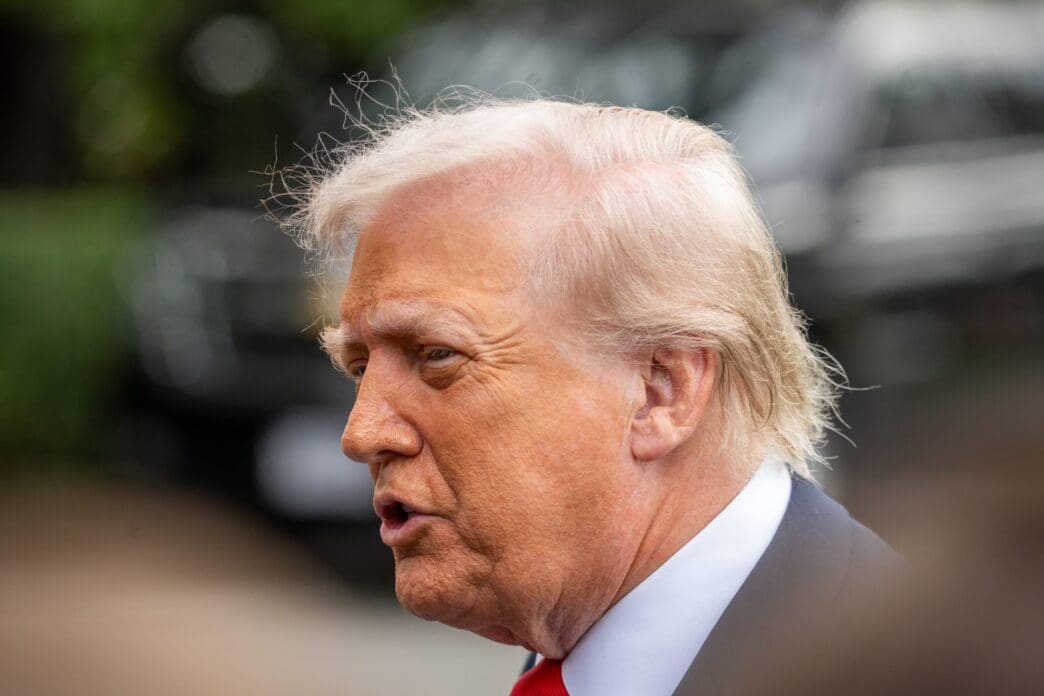Executive Summary
The Story So Far
Why This Matters
Who Thinks What?
The prospect of President Donald Trump receiving a Nobel Peace Prize has gained renewed attention following the announcement of a phase-one ceasefire deal in Gaza on Wednesday, October 8, 2025. While President Trump has publicly lobbied for the award, a recent Washington Post-Ipsos poll indicated that only 22% of Americans, including about half of Republicans, believe he deserves one. This development, however, arrives amidst ongoing scrutiny of his administration’s controversial domestic and international actions.
The Gaza ceasefire deal, which came after significant diplomatic efforts by the Trump administration, is seen as a major step towards de-escalation in the region. President Trump reportedly exerted unusual pressure on Israeli Prime Minister Benjamin Netanyahu, a move highlighted by foreign policy experts as critical to the agreement’s formation. Aaron David Miller of the Carnegie Endowment for International Peace noted that no previous president had challenged an Israeli prime minister on such critical issues.
While the agreement’s timing likely precludes consideration for this year’s Nobel Peace Prize, which is announced on Friday, October 10, 2025, some nonpartisan foreign policy experts and critics are now taking the possibility of a future nomination more seriously. David Sanger, a national security reporter for The New York Times, suggested that if the peace plan progresses, President Trump could have a legitimate claim. Democratic Senator John Fetterman of Pennsylvania also stated he would support a Nobel for Trump if he ended conflicts in both Gaza and Ukraine.
Competing Narratives
Caribbean Strikes Raise Concerns
Despite the diplomatic progress in Gaza, President Trump’s administration faces criticism for its “armed conflict” in the Caribbean, involving strikes on alleged drug boats. Republican Senator Rand Paul expressed concerns that these actions could be a provocation leading to war in Venezuela and potentially harm innocent people. Colombian President Gustavo Petro also warned of a “new war zone” and suggested the U.S. was pursuing oil interests, though the White House dismissed his allegations as “baseless and reprehensible.”
Critics argue that the strikes, conducted outside a declared war, amount to extrajudicial killings and raise questions about due process, especially given the administration’s perceived lack of transparency regarding its targets. Vice President JD Vance famously responded to a critic calling the strikes war crimes by stating, “I don’t give a sh*t what you call it.”
Domestic Actions Under Scrutiny
Domestically, President Trump has been criticized for militarizing the U.S. homeland and for statements accusing political opponents of being “violent terrorists.” A judge appointed by President Trump recently ruled that the deployment of the National Guard to Portland, Oregon, was illegal, citing a lack of significant violence in the protests. The judge also raised concerns that the administration’s actions risked “blurring the line between civil and military federal power” and floated the possibility of “martial law.”
President Trump has also openly discussed jailing political opponents and has been accused of attempting to pit military leaders against Democrats. These actions, critics contend, reflect an authoritarian approach to internal opposition that would be discordant with the spirit of a Nobel Peace Prize recipient.
Broader Claims Questioned
President Trump’s broader campaign for a Nobel Prize also rests on claims of ending multiple wars across Africa, the Middle East, and Asia. However, reports from outlets like CNN indicate that many of these assertions are inaccurate or significantly overstated. In some cases, the U.S. role in agreements has been downplayed by the involved countries, and in others, no actual war was taking place. European leaders have reportedly mocked Trump for confusing the names of countries he claimed to have saved from conflict.
The complex picture surrounding President Trump’s potential Nobel Peace Prize reflects a stark contrast between a significant foreign policy achievement and controversial actions that have drawn widespread criticism. While the Gaza ceasefire deal has given his aspirations new momentum, the ongoing concerns regarding his administration’s conduct in the Caribbean and within the United States present a formidable challenge to his claim for such a prestigious award.








